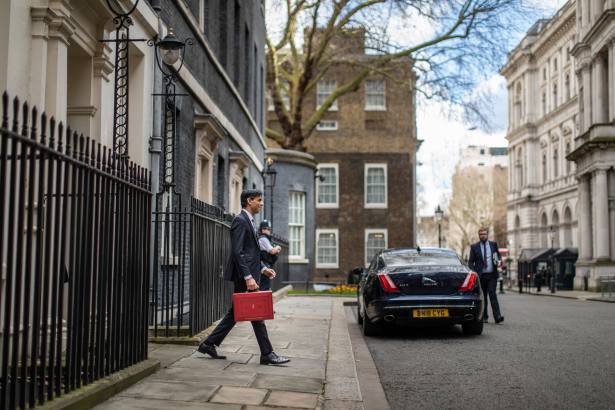It reduced the level of spending individuals and companies can do (demand shock) and it restricts the supply of goods and services in the market (supply shock).
Most recessions are ultimately caused by one or other of those shocks, both happening at the same time and is often called “stagflation”.
This means stagnant growth and high inflation. The one difference between previous periods of stagflation and the current situation is that the oil price, a major determinant of inflation, has fallen sharply.
Mr Wade says that in normal circumstances a sharp drop in the oil price would lead to increased consumer spending, and boost growth, but not this time.
He adds: “In normal circumstances a lower oil price would be welcomed as providing a boost to activity by reducing inflation and increasing real incomes and consumer spending.
"However, in the current environment it is likely that consumers will save most of the windfall gain, partly out of concern about the future and partly as a result of restrictions on movement.”
He said for this reason it is difficult to see the oil price fall “coming to the rescue” of the economy in the way it would normally be expected to do.
david.thorpe@ft.com






